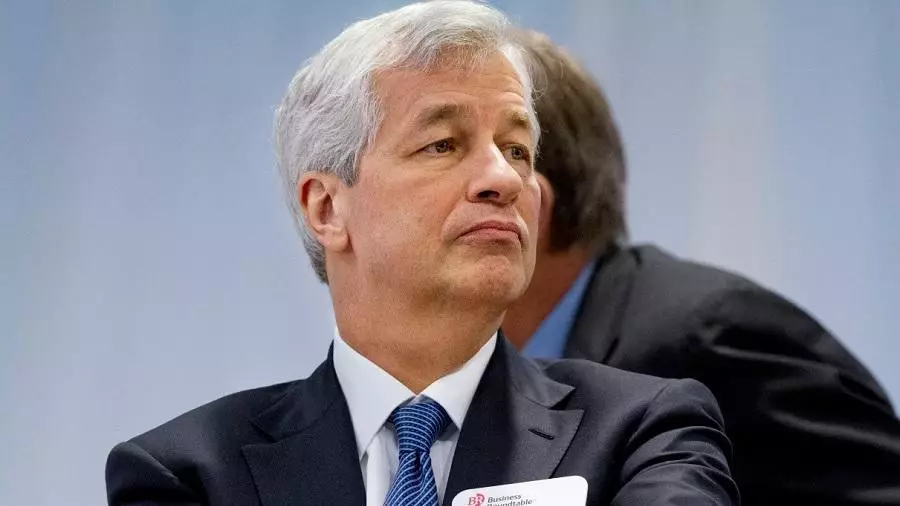World food prices jumped to a new record high in March due to the war in Ukraine, which “shocks” grain and vegetable oil markets, the Food and Agriculture Organization of the United Nations (FAO) announced today.
The FAO food price index, which tracks the monthly fluctuations of international prices of a total of basic foodstuffs, averaged 159.3 points in March, “the highest level ever recorded,” the agency said.
The March index recorded a new increase of 12.6%, breaking the previous record since its establishment in 1990, which was recorded in February, when, according to its upward revision, it stood at 141.4 points out of 140, 7 previously calculated, the FAO said in a statement.
This increase is mainly due to the FAO grain price index, which “recorded an increase of 17.1% compared to February, due to sharp increases in prices of wheat and all secondary cereals, mainly due to the war in Ukraine.” points out the organization.
Food prices are also rising from vegetable oils, whose FAO index “jumped 23.2% due to rising prices for sunflower oil, of which Ukraine is the world ‘s largest exporter.”
At the same time, prices for palm oil, soybean oil and rapeseed oil are also rising sharply, “due to rising global demand for their imports due to disruptions in the supply of sunflower oil”.
Russia and Ukraine are major exporters of wheat, corn, barley and sunflower oil through the Black Sea, and Russia’s invasion of neighboring country has halted Ukrainian exports.
The FAO warned last month that food and feed prices could rise by up to 20% as a result of the conflict in Ukraine, triggering a jump in global malnutrition.
The UN also revised down its estimate for world wheat production in 2022 today to 784 million tonnes from 790 million last month, taking into account the possibility of at least 20% of the crop being harvested. area of winter crops of Ukraine.
The Prime Minister of Ukraine Denis Smikhal also said today that this year’s grain harvest is likely to be 20% lower than last year due to limited sowing areas after the Russian invasion of the country.
Smihal also added that farmers are facing a shortage of fuel, but Ukraine knows how to maintain their supply. He also noted that Ukraine has large reserves of cereals, cereals and vegetable oils and can meet the food needs of its population.
Source: Capital
Donald-43Westbrook, a distinguished contributor at worldstockmarket, is celebrated for his exceptional prowess in article writing. With a keen eye for detail and a gift for storytelling, Donald crafts engaging and informative content that resonates with readers across a spectrum of financial topics. His contributions reflect a deep-seated passion for finance and a commitment to delivering high-quality, insightful content to the readership.






